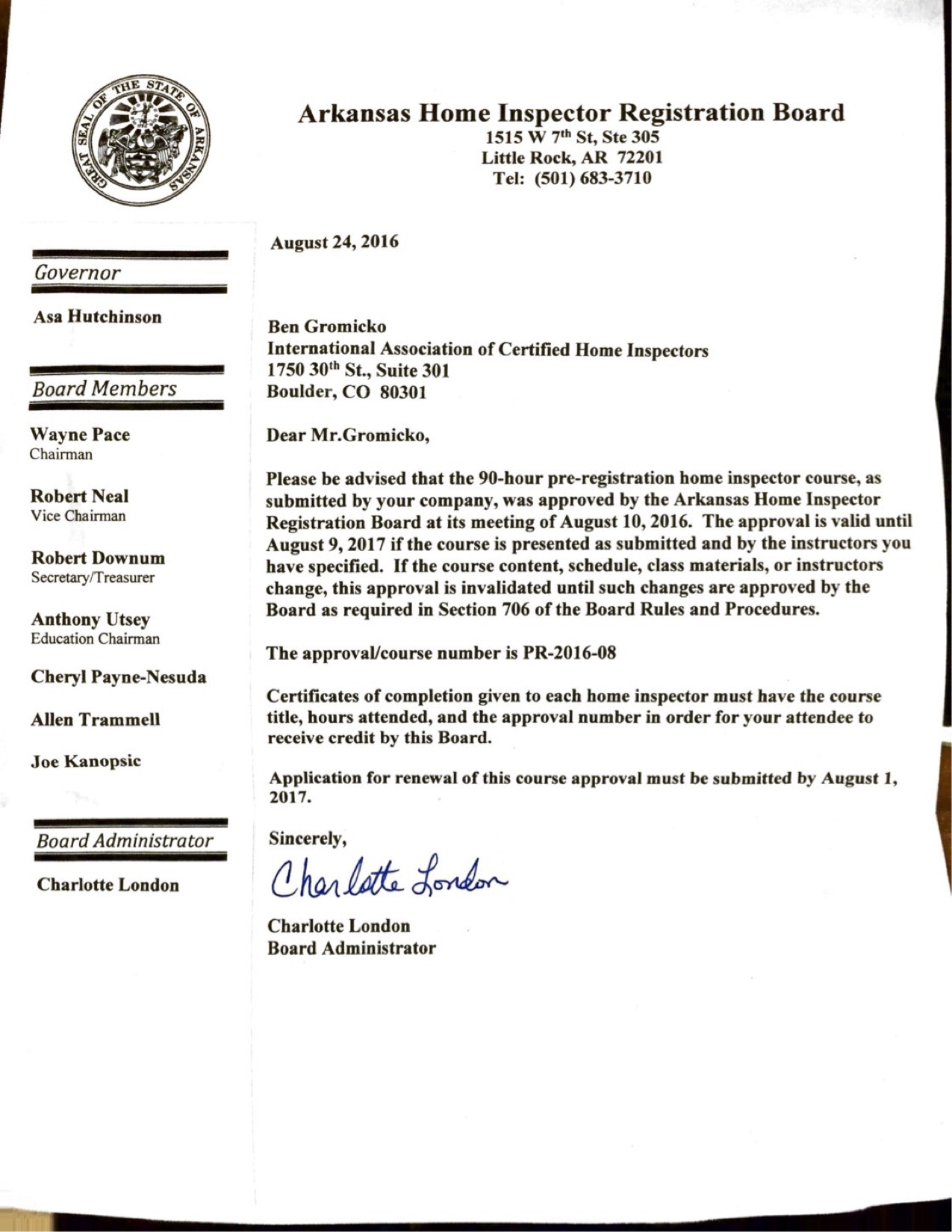
Negotiating fees for realtors is crucial whether you are looking to buy a house or sell an existing one. A real estate agent's fee can amount to thousands of dollars, so it's important to know how to save on this cost. Reducing the fees of your real-estate agent will help you save on closing costs as well as ensure that your sales go smoothly.
Understanding the market is the first step towards negotiating realtor fees. Gather information about homes similar to yours, in terms of location, price, and condition. You can also ask your agent questions about his services. You will be able to determine the type of services your agent offers as well as his commission rate. Zillow provides a way to get an overview of the local market.
A high-priced home may allow you to lower your commission. This is especially true if your market is fast-selling. You may not get a lower rate, but it is possible. A less experienced agent may want to increase his or her sales and might be more reluctant to lower the commission rate.

The next thing to keep in mind is that you'll have to justify the lower rate. If your home doesn’t sell quickly, your agent is likely to use this objection in the negotiations. The lower the number of buyers, the more work you'll need to do on your end.
Last tip: Have a number in mind and show up. This will improve your chances of success. For example, if you're able to offer a 4.5% commission instead of the standard 6%, you can save a whopping $3899 in realtor fees.
Your personal market research and market knowledge will help you convince your agent that the fee you offer is reasonable. You can negotiate the price of your home, in addition to lowering your agent's commission. Buying a home is one of the largest financial transactions you'll make. If you are willing to spend the time and effort necessary to get a higher price on your home, it will be worth it.
A dual agent is another option. They represent both you and your buyer. This will allow you to attract more potential buyers and could result in a greater price for your home. However, it is not allowed in all states and could increase your liability as a real estate agent.

You may be able negotiate a reduced fee by listing your home in the fall or winter. While these times are less popular, you can still expect a lower price.
FAQ
What is a reverse loan?
Reverse mortgages are a way to borrow funds from your home, without having any equity. This reverse mortgage allows you to take out funds from your home's equity and still live there. There are two types to choose from: government-insured or conventional. If you take out a conventional reverse mortgage, the principal amount borrowed must be repaid along with an origination cost. FHA insurance covers repayments.
How much does it cost for windows to be replaced?
Windows replacement can be as expensive as $1,500-$3,000 each. The cost to replace all your windows depends on their size, style and brand.
How can I fix my roof
Roofs can leak due to age, wear, improper maintenance, or weather issues. Roofers can assist with minor repairs or replacements. Get in touch with us to learn more.
Should I rent or purchase a condo?
Renting could be a good choice if you intend to rent your condo for a shorter period. Renting allows you to avoid paying maintenance fees and other monthly charges. You can also buy a condo to own the unit. The space can be used as you wish.
What should I look out for in a mortgage broker
People who aren't eligible for traditional mortgages can be helped by a mortgage broker. They shop around for the best deal and compare rates from various lenders. There are some brokers that charge a fee to provide this service. Other brokers offer no-cost services.
What are the three most important things to consider when purchasing a house
The three most important things when buying any kind of home are size, price, or location. Location refers the area you desire to live. The price refers to the amount you are willing to pay for the property. Size refers to the space that you need.
Should I use a mortgage broker?
A mortgage broker can help you find a rate that is competitive if it is important to you. Brokers can negotiate deals for you with multiple lenders. However, some brokers take a commission from the lenders. Before signing up for any broker, it is important to verify the fees.
Statistics
- It's possible to get approved for an FHA loan with a credit score as low as 580 and a down payment of 3.5% or a credit score as low as 500 and a 10% down payment.5 Specialty mortgage loans are loans that don't fit into the conventional or FHA loan categories. (investopedia.com)
- This seems to be a more popular trend as the U.S. Census Bureau reports the homeownership rate was around 65% last year. (fortunebuilders.com)
- When it came to buying a home in 2015, experts predicted that mortgage rates would surpass five percent, yet interest rates remained below four percent. (fortunebuilders.com)
- This means that all of your housing-related expenses each month do not exceed 43% of your monthly income. (fortunebuilders.com)
- Private mortgage insurance may be required for conventional loans when the borrower puts less than 20% down.4 FHA loans are mortgage loans issued by private lenders and backed by the federal government. (investopedia.com)
External Links
How To
How to Manage a Rental Property
Renting your home can be a great way to make extra money, but there's a lot to think about before you start. We'll help you understand what to look for when renting out your home.
Here's how to rent your home.
-
What factors should I first consider? Before you decide if your house should be rented out, you need to examine your finances. You may not be financially able to rent out your house to someone else if you have credit card debts or mortgage payments. Check your budget. If your monthly expenses are not covered by your rent, utilities and insurance, it is a sign that you need to reevaluate your finances. ), it might not be worth it.
-
What is the cost of renting my house? Many factors go into calculating the amount you could charge for letting your home. These include factors such as location, size, condition, and season. Keep in mind that prices will vary depending upon where you live. So don't expect to find the same price everywhere. The average market price for renting a one-bedroom flat in London is PS1,400 per month, according to Rightmove. If you were to rent your entire house, this would mean that you would earn approximately PS2,800 per year. This is a good amount, but you might make significantly less if you let only a portion of your home.
-
Is it worth the risk? Although there are always risks involved in doing something new, if you can make extra money, why not? It is important to understand your rights and responsibilities before signing anything. You will need to pay maintenance costs, make repairs, and maintain the home. Renting your house is not just about spending more time with your family. You should make sure that you have thoroughly considered all aspects before you sign on!
-
What are the benefits? So now that you know how much it costs to rent out your home and you're confident that it's worth it, you'll need to think about the advantages. Renting out your home can be used for many reasons. You could pay off your debts, save money for the future, take a vacation, or just enjoy a break from everyday life. No matter what your choice, renting is likely to be more rewarding than working every single day. Renting could be a full-time career if you plan properly.
-
How do you find tenants? After you have made the decision to rent your property out, you need to market it properly. Start by listing online using websites like Zoopla and Rightmove. You will need to interview potential tenants once they contact you. This will help to assess their suitability for your home and confirm that they are financially stable.
-
How do I ensure I am covered? If you are worried about your home being empty, it is important to make sure you have adequate protection against fire, theft, and damage. In order to protect your home, you will need to either insure it through your landlord or directly with an insured. Your landlord will typically require you to add them in as additional insured. This covers damages to your property that occur while you aren't there. This doesn't apply to if you live abroad or if the landlord isn’t registered with UK insurances. In such cases, you will need to register for an international insurance company.
-
Even if your job is outside the home, you might feel you cannot afford to spend too much time looking for tenants. But it's crucial that you put your best foot forward when advertising your property. A professional-looking website is essential. You can also post ads online in local newspapers or magazines. A complete application form will be required and references must be provided. Some people prefer to do the job themselves. Others prefer to hire agents that can help. It doesn't matter what you do, you will need to be ready for questions during interviews.
-
What happens once I find my tenant You will need to notify your tenant about any changes you make, such as changing moving dates, if you have a lease. You may also negotiate terms such as length of stay and deposit. You should remember that although you may be paid after the tenancy ends, you still need money for utilities.
-
How do you collect rent? When it comes time for you to collect your rent, check to see if the tenant has paid. You will need to remind your tenant of their obligations if they don't pay. Any outstanding rents can be deducted from future rents, before you send them a final bill. If you're struggling to get hold of your tenant, you can always call the police. They won't normally evict someone unless there's been a breach of contract, but they can issue a warrant if necessary.
-
How do I avoid problems? You can rent your home out for a good income, but you need to ensure that you are safe. Consider installing security cameras and smoke alarms. Make sure your neighbors have given you permission to leave your property unlocked overnight and that you have enough insurance. You must also make sure that strangers are not allowed to enter your house, even when they claim they're moving in the next door.